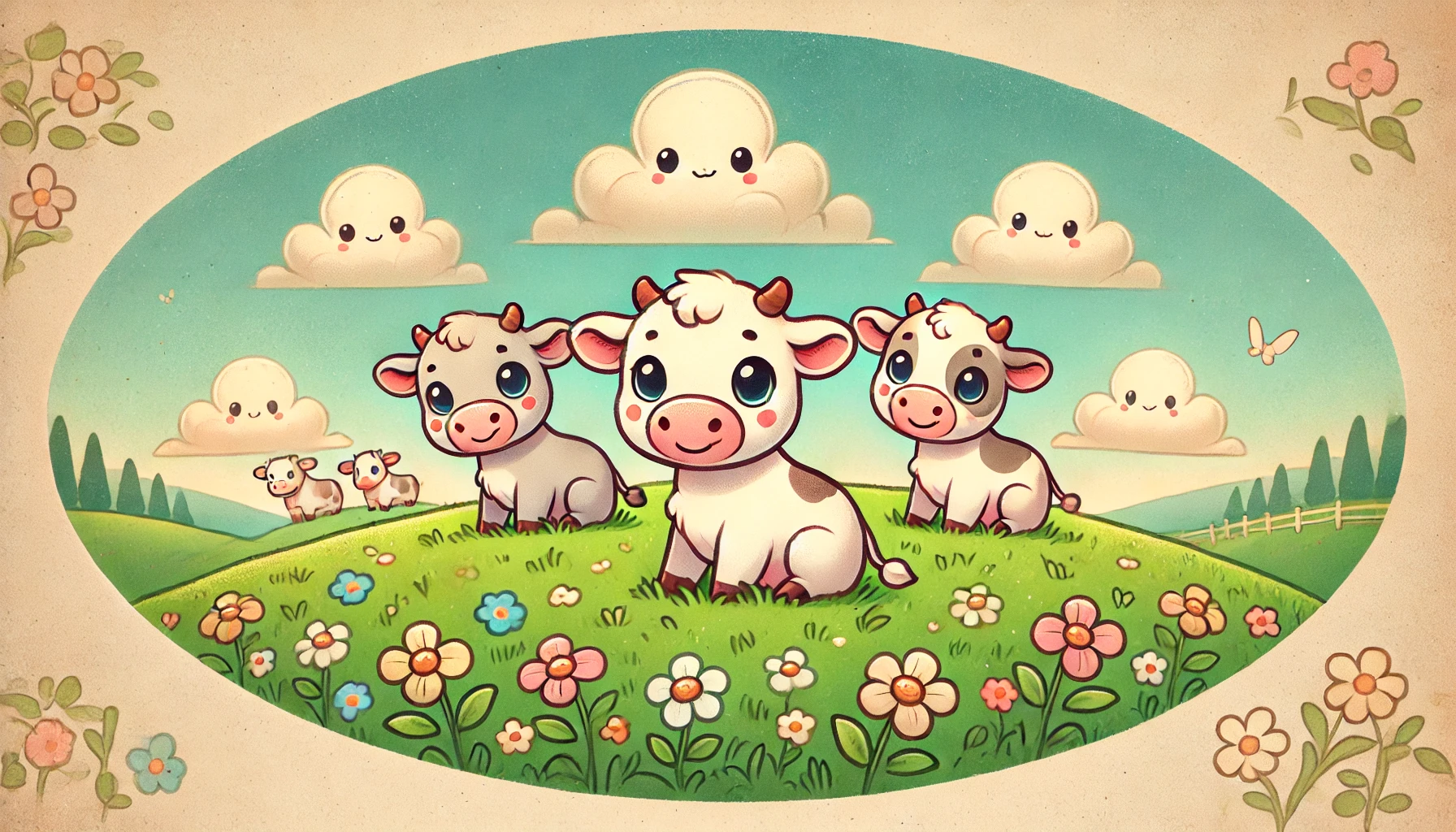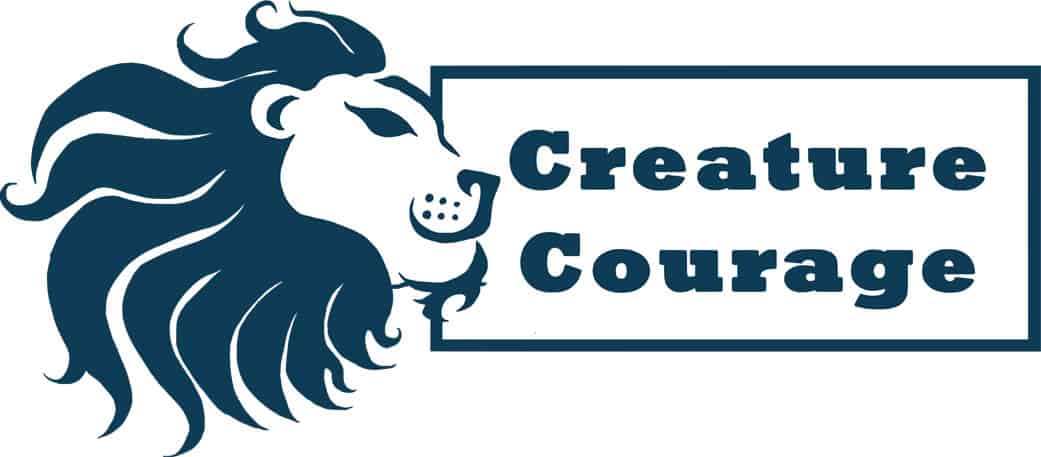The Fear of Cows: Understanding and Overcoming Bovinaphobia

Have you ever felt scared walking through a field of cows? They often drift along at your pace, as if they are actively trying to box you in against the nearest dry-stone wall. I’ve been in this situation, and ended up standing on top of the farmer’s wall, I never realised I could have the fear of cows until a few minutes before, when I started to gently run away from the herd and they decided to intercept me midway across the field. Turns out that If you start to run they start running, too! I also found out that waving your hands in the air to scare them off doesn’t seem to work either, cows are not foxes (just in case you were unsure)!
Being stalked by a cow is a very uneasy feeling, and I can attest to feeling greatly unnerved. With an entire herd of cows staring lazily up at me I did feel anxious and a little panicked – maybe I was experiencing bovinaphobia, the fear of cows, even if at a low level.
In this comprehensive guide, we’ll explore the ins and outs of bovinaphobia, beyond standing on a wall wondering if we can outsmart a herd of cows? We’ll jump into the causes, symptoms, and most importantly, how to overcome a fear of cows. We’ll also wade into the fascinating world of cows, their importance in our lives, and why they are truly remarkable creatures.
What is Bovinaphobia or the Fear of Cows?
Bovinaphobia is a specific phobia that can cause intense anxiety and fear when encountering or even thinking about cows. This irrational fear can range from mild discomfort to severe panic attacks, significantly impacting a person’s daily life and well-being.
As with many animal phobias, bovinaphobia can arise from various sources, including traumatic experiences, learned behaviour, or even cultural influences. Understanding the root cause of your fear is often the first step in overcoming it.
For additional insights into specific phobias and how they fit within broader mental health challenges, check out the World Health Organisation’s resource on mental health.
Symptoms of Bovinaphobia
Recognising the symptoms of bovinaphobia is crucial for both diagnosis and treatment. Common signs include:
- Intense anxiety or panic when seeing or thinking about cows
- Rapid heartbeat and sweating
- Shortness of breath or difficulty breathing
- Trembling or shaking
- Nausea or dizziness
- Avoidance of farms, rural areas, or places where cows might be present
If you experience these symptoms when confronted with cows or the idea of them, you may be dealing with bovinaphobia. For further understanding of panic disorders, the American Psychological Association provides detailed information.
The Importance of Cows in Our World
Before we delve deeper into overcoming bovinaphobia, it’s crucial to understand the significant role cows play in our world. Recognising their importance can help shift our perspective and potentially reduce fear.
Cows play a vital role in agriculture and ecosystems, contributing to the importance of cows in agriculture. They support biodiversity, provide economic benefits, and hold cultural significance across the globe.
Ecological Roles
Cows play a vital role in maintaining grassland ecosystems. Their grazing habits help prevent the overgrowth of certain plant species, promoting biodiversity. In well-managed grazing systems, cows can even contribute to carbon sequestration, helping mitigate climate change.
Economic Benefits
The economic impact of cows is substantial. They provide milk, meat, and leather, supporting millions of jobs worldwide. In India alone, the dairy industry is a crucial source of livelihood for over 70 million rural households.
Unique Services
Beyond food and materials, cows provide unique services:
- In some parts of the world, they’re still used for draught power in agriculture, such as ploughing and hauling.
- Their manure is a valuable fertiliser and, in some cultures, is used as a sustainable fuel source.
Historical Significance and Cultural Impact of Cows
Cows have played a significant role in human history and culture, often transcending their practical uses to become symbols of divinity, abundance, and motherhood.
In Hinduism, cows hold sacred status. They are seen as representative of divine and natural beneficence and are therefore protected and venerated. This belief has profound implications for Indian culture and society, influencing everything from dietary habits to legislation.
Symbolism in Ancient Cultures
It’s not just today’s Hinduism, many ancient cultures revered cows. In Ancient Egypt, for example, the goddess Hathor was often depicted as a cow, and associated with motherhood, fertility, and love. Again, in Norse mythology, the cosmic cow Audhumla played a crucial role in the creation of myths.
Modern Cultural Significance
Even in cultures where cows aren’t considered sacred, they often hold significant cultural value. From the iconic Swiss cow bells, used to urge Tour de France riders up the steep and arduous cols, to the American cowboy culture – cows have left an indelible mark across many societies and activities.
Creating Curiosity and Appreciation for Cows
Understanding cows better can help transform fear into fascination. Here are some intriguing aspects of cows that might spark your curiosity:
Social Creatures
Cows are highly social animals. They form close bonds with their herd mates and can even have best friends. Studies have shown that cows experience stress when separated from their social groups.
Emotional Intelligence
Contrary to popular belief, cows are emotionally complex creatures. They can experience a wide range of emotions, including excitement, anxiety, and even eureka moments when solving problems.
Unique Personalities
Just like humans, each cow has its own unique personality. Some are bold and curious, while others are shy and reserved. Farmers often report being able to distinguish individual cows based on their behaviour and traits.
Fascinating Facts About Cows
To further foster appreciation and reduce fear, here are some fun and quirky facts about cows:
- Cows have an excellent sense of smell and can detect odours up to six miles away.
- A cow’s stomach has four compartments, allowing them to digest tough plant materials efficiently.
- Cows can sleep while standing up but prefer to lie down for deep sleep.
- The average cow produces about 6.3 gallons of milk daily and 350,000 glasses of milk in a lifetime.
- Cows have a nearly 360-degree panoramic vision but struggle to see red colours.
Overcoming the Fear of Cows: Treatment Options
Now that we’ve explored the fascinating world of cows, let’s return to addressing bovinaphobia. The good news is that this phobia, like other specific phobias, is treatable.
Cognitive Behavioural Therapy (CBT)
CBT involves identifying and challenging irrational thoughts about cows and gradually exposing yourself to them in a safe environment. Creature Courage offers unique programs, such as helping individuals overcome animal phobias in a single day, which demonstrates how targeted techniques can yield quick results.
Relaxation Techniques
Learning relaxation methods can help manage anxiety symptoms associated with bovinaphobia. Explore mindfulness techniques to manage phobia-related anxiety as part of your journey to overcome this fear.
Exposure Therapy
This technique involves gradually and systematically exposing yourself to cows, starting with less threatening scenarios and progressing to more direct encounters. Steps might include:
- Looking at pictures of cows
- Watching videos of cows
- Visiting a farm and observing cows from a distance
- Getting closer to cows under supervised conditions
Medication
In some cases, your doctor might recommend medication to help manage severe anxiety symptoms. This is typically used in conjunction with therapy for the best results.
Self-Help Strategies for Managing the Fear of Cows
While professional help is often beneficial, there are also steps you can take on your own to manage your fear of cows:
- Educate yourself about cows: Learning about cow behaviour and their generally docile nature can help dispel misconceptions.
- Practice relaxation techniques regularly.
- Gradually expose yourself to images or videos of cows.
- Join support groups or online communities for people with animal phobias.
- Challenge negative thoughts about cows with positive affirmations.
For additional practical tips, explore these strategies to manage your fear of cows.
When to Seek Professional Help for Bovinophobia
If your fear of cows is significantly impacting your daily life or causing severe distress, it’s important to seek professional help. Many individuals find encouragement by reading real-life examples of overcoming animal phobias.
Conclusion: Conquering Your Fear of Cows
Bovinaphobia, or the fear of cows, can be a challenging condition to live with. However, with the right approach and support, it’s entirely possible to overcome this fear and gain a new appreciation for these remarkable animals.
By understanding the causes and symptoms of bovinaphobia, exploring treatment options, and implementing self-help strategies, you can take significant steps towards conquering your fear of cows. Moreover, by learning about the importance of cows in our world, their historical significance, and fascinating characteristics, you may find your fear transforming into curiosity and respect.
Remember, seeking help is a sign of strength, not weakness. Whether you choose to work with a professional or tackle your fear on your own, taking action is the first step towards a life free from the constraints of bovinaphobia and potentially towards a new appreciation for these gentle giants.
Get in touch with Creature Courage now, and live a life free from the fear of bovinaphobia.
FAQs About Bovinaphobia and Cows
- Is bovinaphobia common?
While not as common as some other animal phobias, bovinaphobia does affect a significant number of people, especially those who have had limited exposure to cows or negative experiences with them. - Can bovinaphobia be cured completely?
With proper treatment and dedication, many people can overcome their fear of cows entirely or reduce it to a manageable level that doesn’t interfere with their daily lives. - Are cows actually dangerous?
Generally, cows are docile animals. However, like any large animal, they can be dangerous if provoked or if they feel threatened. Understanding cow behaviour can help alleviate fears. - Can I develop bovinaphobia as an adult?
Yes, phobias can develop at any age, often due to traumatic experiences or learned behaviour. - How long does treatment for bovinaphobia typically take?
The duration of treatment varies depending on the individual and the severity of the phobia. Some people see significant improvement in a few months, while others may require longer-term therapy. - Can virtual reality be used to treat bovinaphobia?
Yes, virtual reality exposure therapy is an emerging treatment option for various phobias, including bovinaphobia. It allows for controlled exposure in a safe environment. - Is it possible to have a fear of cows but not other farm animals?
Absolutely. Specific phobias can be very targeted, and it’s possible to fear cows while being comfortable around other farm animals. - How do cows contribute to environmental sustainability?
In well-managed grazing systems, cows can contribute to carbon sequestration and help maintain grassland ecosystems, promoting biodiversity. - What makes cows unique among farm animals?
Cows are known for their complex social structures, emotional intelligence, and the variety of products they provide, from milk and meat to leather and fertiliser. - How has the cultural significance of cows evolved over time?
From being revered as sacred in ancient cultures to becoming symbols of rural life and economic prosperity, the cultural significance of cows has evolved differently across various societies throughout history.
